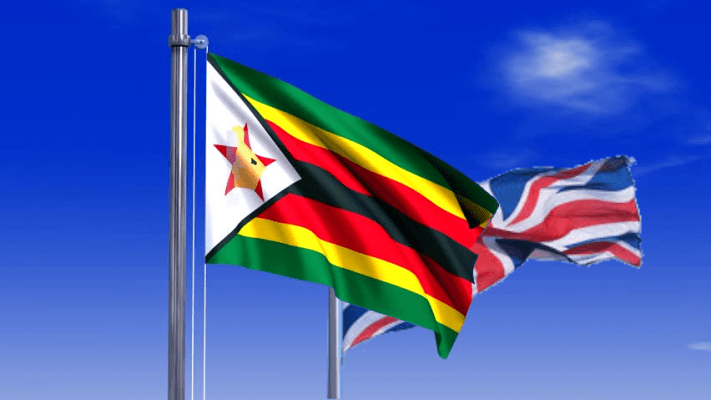Industrialisation key to regional integration agenda: Sadc
THE need to scale up the pace of industrialisation is critical towards creating a regionally integrated economy within Sadc.
This emerged during a recent Sadc Council of Ministers meeting, which was held in Lilongwe, Malawi between Friday and Saturday, as a precursor to the Heads of State Minister of Foreign Affairs and International Trade, Dr Frederick Shava, was leading the Zimbabwean delegation.
“Industrialisation remains at the centre of the SADC integration agenda, as advocated in the SADC Industrialisation Strategy and Roadmap 2015-2063,” the regional bloc said in a post-meeting update.
“This important regional instrument. . . could advance with impetus if the private sector effectively participates in its implementation.
“To that end, an effective regional mechanism for private sector engagement should be put in place.”
The 41st Sadc Summit is being held under the theme: ‘Bolstering Productive Capacities on the Face of Covid-19 Pandemic for Inclusive, Sustainable, Economic and Industrial Transformation’.
The regional ministers described as a great achievement, successful holding of the first Sadc Business Forum in Maputo between 22 and 23 June this year, on the sidelines of the Extra-ordinary Summit of Sadc Heads of State and Government.
The forum emphasised the need for enhanced collaboration in promoting the industrialisation of the region and ran under the theme: “Sadc Private and Public Sector Dialogue: Entrepreneurship, Investment and Doing Business in the Sadc region”.
The recent meeting of ministers from the 16 Sadc member States also sought to consider recommendations from the selection committee on the appointment of the 7th Executive Secretary of Sadc, who would replace Dr Stergomena Lawrence Tax.
Other items on the agenda included an update on regional economic integration, particularly the status of implementation of the Sadc Industrialisation Strategy and Roadmap, the political and security situation in the region and priority interventions.
Incoming Malawian Sadc Council of Ministers chair, Eisenhower Nduwa Mkaka, who is also that country’s Minister of Foreign Affairs, pledged Lilongwe’s commitment to spearheading the implementation of programmes and projects derived from the Sadc Regional Indicative Strategic Development Plan (RISDP) 2020-2030, as guided by the
Sadc Vision 2050.
“We will need to muster as a region and have coordinated efforts to respond to external shocks that have caused devastating reversals on economic gains achieved by Sadc” he said.
Mkaka said the outbreak of Covid-19, not only requires Sadc to redouble its efforts in industrialisation, but also embrace digital technological and knowledge transfer.
He also urged the region to maximise new market opportunities brought forth by the operationalisation of the African Continental Free Trade Area (AfCFTA).
Outgoing chairperson and Minister of Foreign Affairs and International Cooperation of the Republic of Mozambique, Verónica Nataniel Macamo Dlhovo, said Sadc needs to remain vigilant, maintain monitoring and continue to promote compliance with all Covid-19 precautionary measures.
She paid tribute to regional member states for assisting her country towards the restoration of stability in the province of Cabo Delgado, in northern Mozambique through deployment of the Sadc Standby Brigade to quell a terrorist insurgency.
“Mozambique will eternally be grateful for this priceless gesture of bravery, which was joined by others from the continent and international partners,” she said.
The finalisation of the formulation of the post-2020 Agenda culminated in the conception of the Sadc Vision 2050. It also culminated with the launch of the Regional Indicative Strategic Development Plan (RISDP) 2020-30.
These instruments were approved during Mozambique’s chairship of Sadc.-chronicle.o.zw











